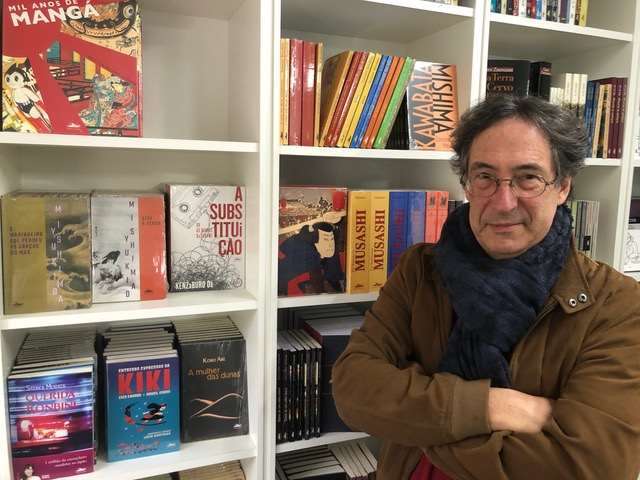Slovakia: Another Potential Market for a Diverse Mix of Japanese Literature
Darina Zaicova
Editor
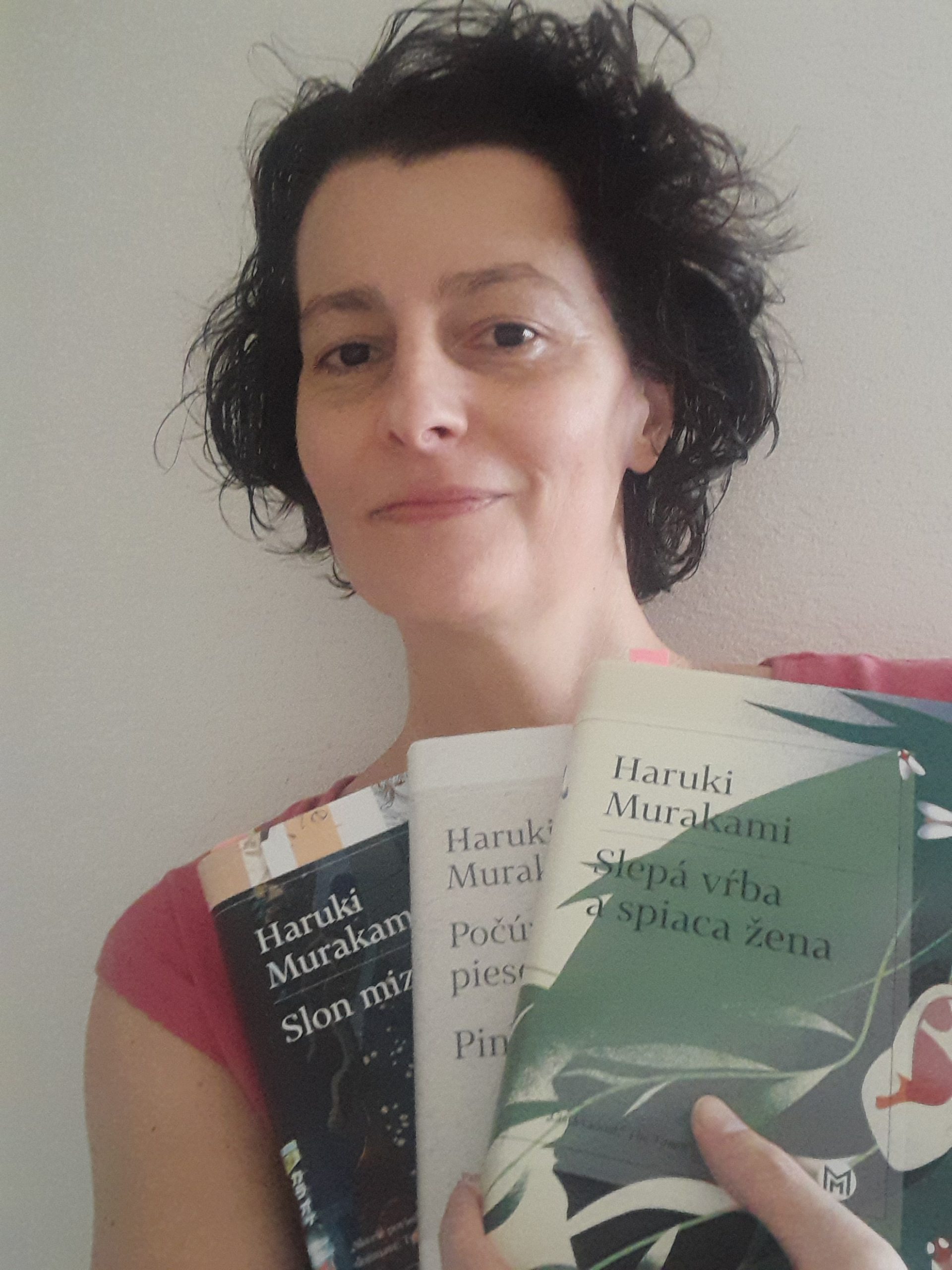
The Biggest Challenge: A Lack of Translators
As the second largest publishing house in Slovakia, SLOVART has, since 1991, offered books encompassing the fine arts, photography, architecture, and graphic and interior design in addition to a broad range of literary genres from classical and contemporary fiction to science fiction and fantasy. It also releases roughly 30 to 40 translated works a year. A key player on that side of SLOVART’s activities is Darina Zaicova. As editor for 17 years she has worked across a number of languages in genres from historical fiction and fantasy to crime. She helps select translation titles, works closely with foreign publishers, and liaises with translators.
Zaicova has overseen translations of four titles by Murakami Haruki, an author whose works she expects to keep publishing into the future—but readers may have to wait. “It’ll take a little more time to get Murakami’s full list published,” she says, citing the lack of translators as a challenging barrier for bringing more Japanese literary works to market. Zaicova currently has just one Japanese–Slovak translator on her team, which makes it difficult to produce numerous translations with much speed. “The Slovak reader audience has great potential for publishing Japanese literature,” Zaicova says. “Readers are interested in Japanese literature, but it’s not easy to bring it to them. Publishers and readers have to wait a long time for new translations to come out, which is just another reminder of how the translator shortage stands in the way of Japanese literature establishing a stronger presence in Slovakia,” she explains.
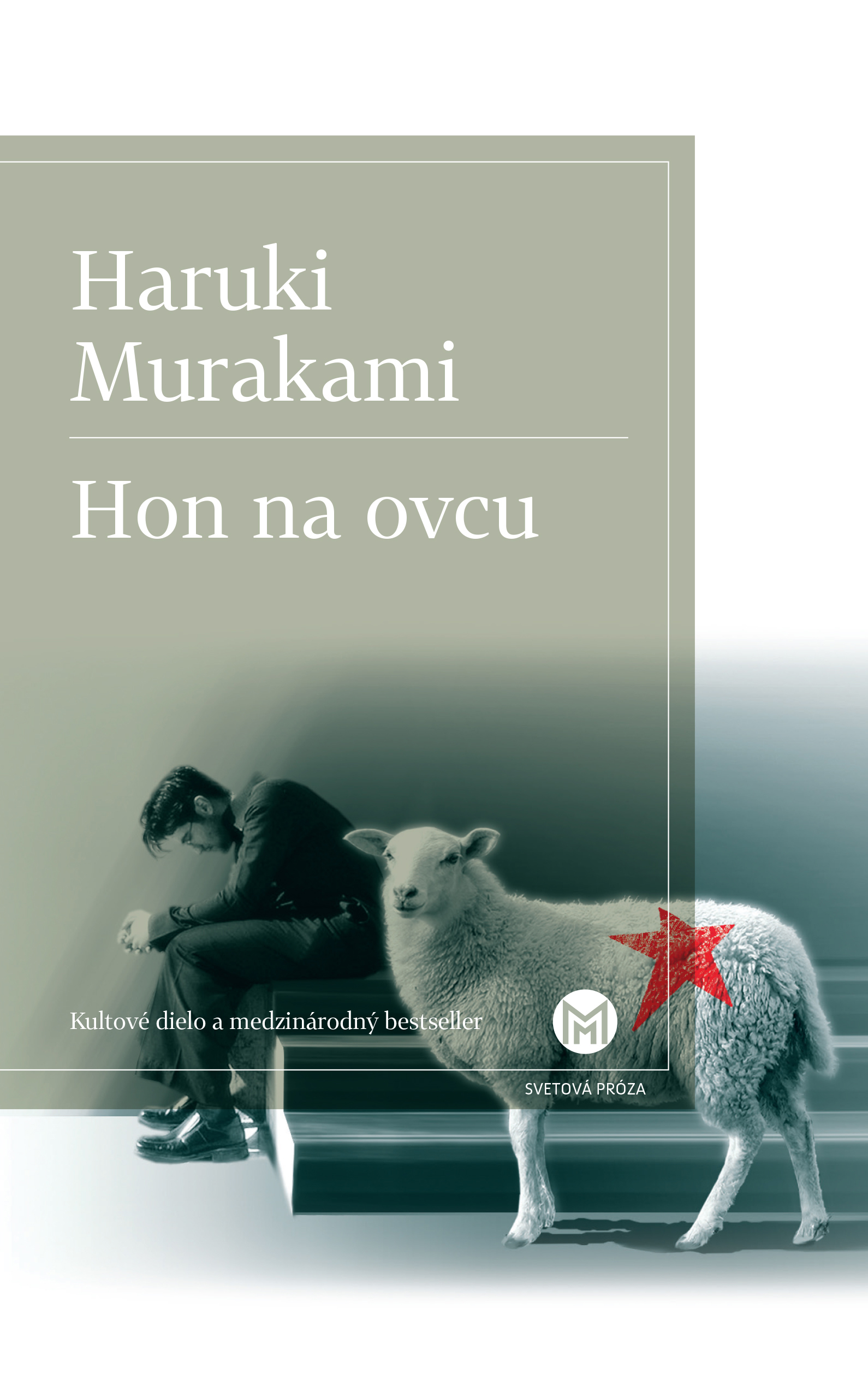
Slovak edition of A Wild Sheep Chase by Murakami Haruki
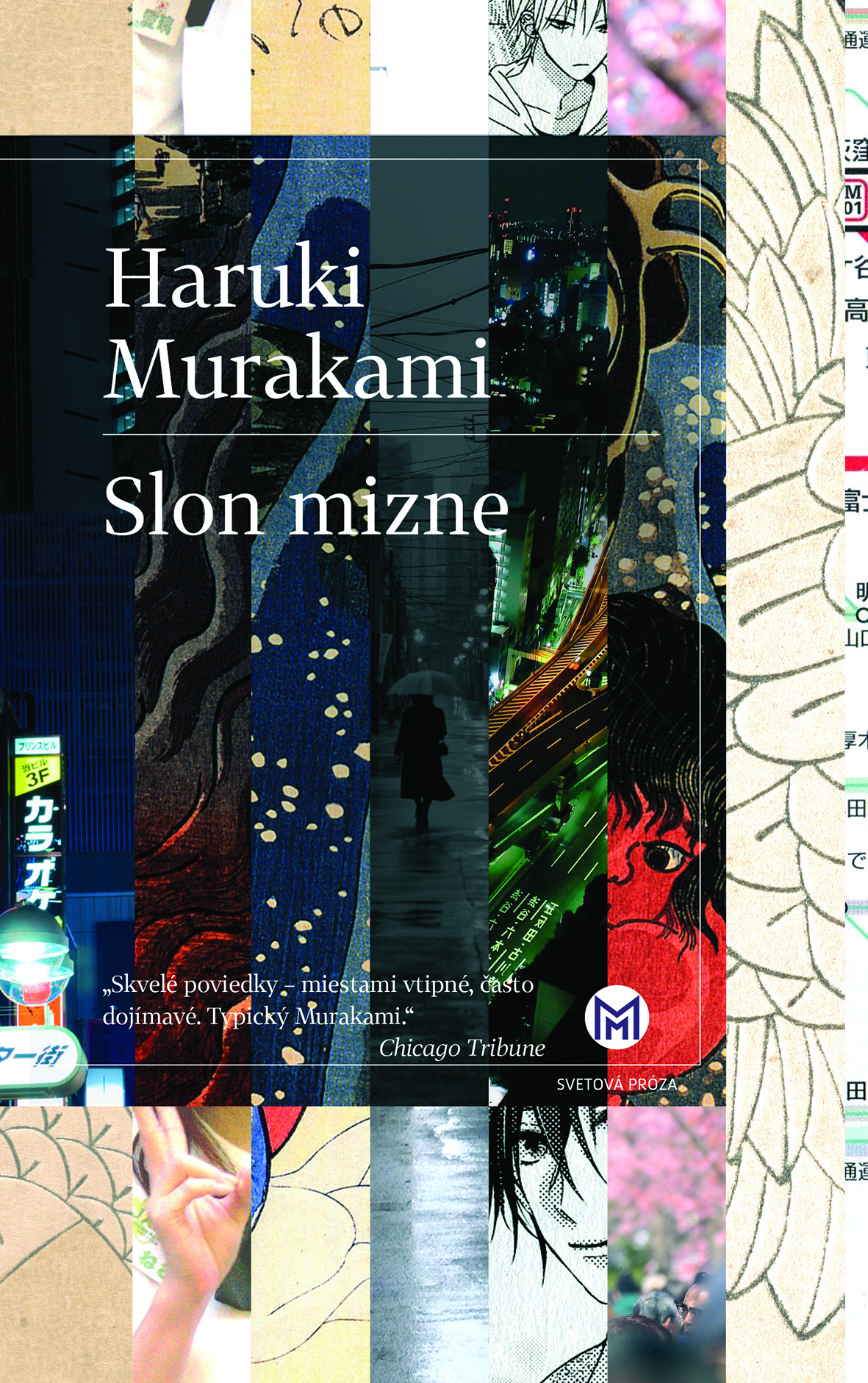
Slovak edition of The Elephant Vanishes by Murakami Haruki
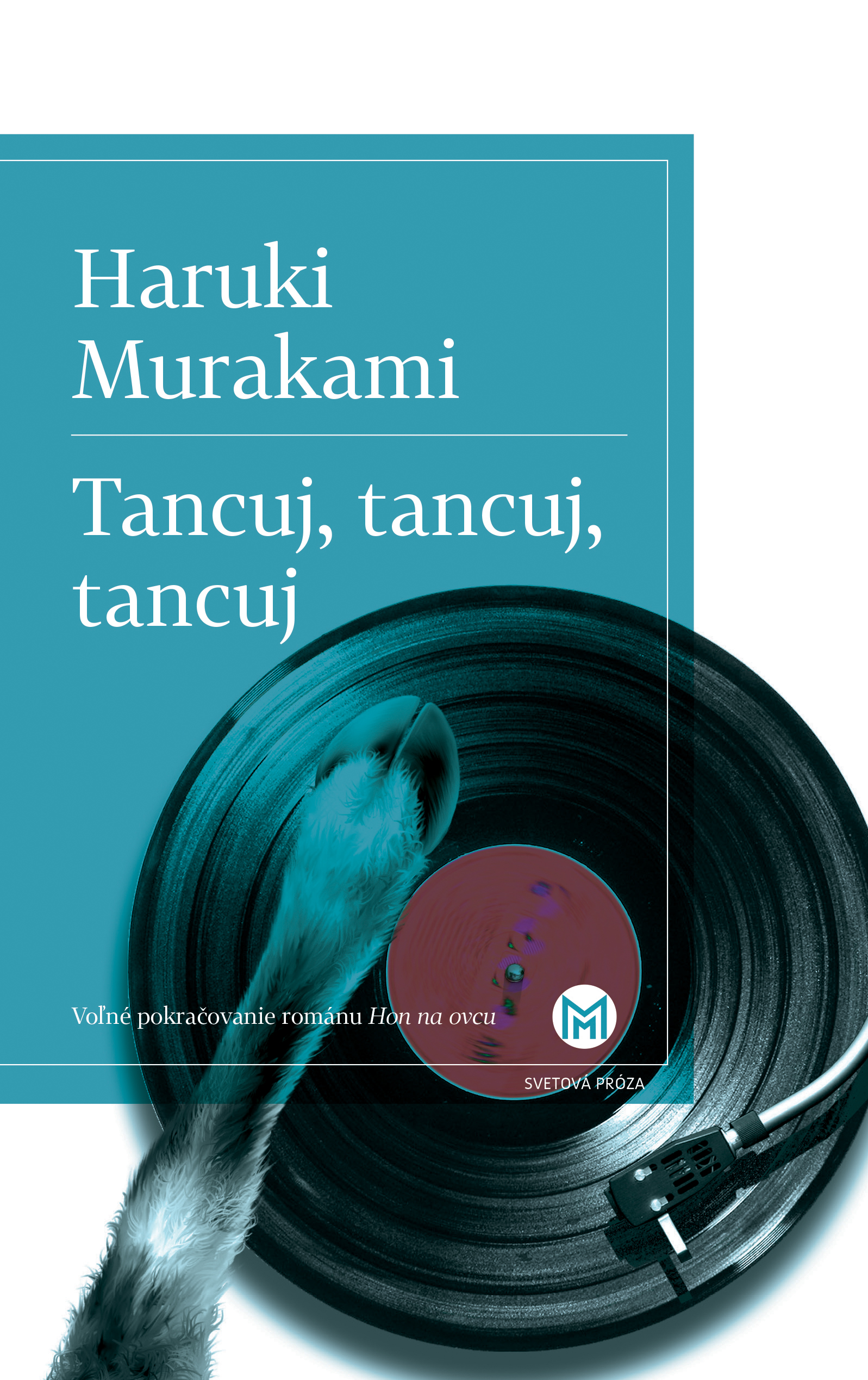
Slovak edition of Dance Dance Dance by Murakami Haruki
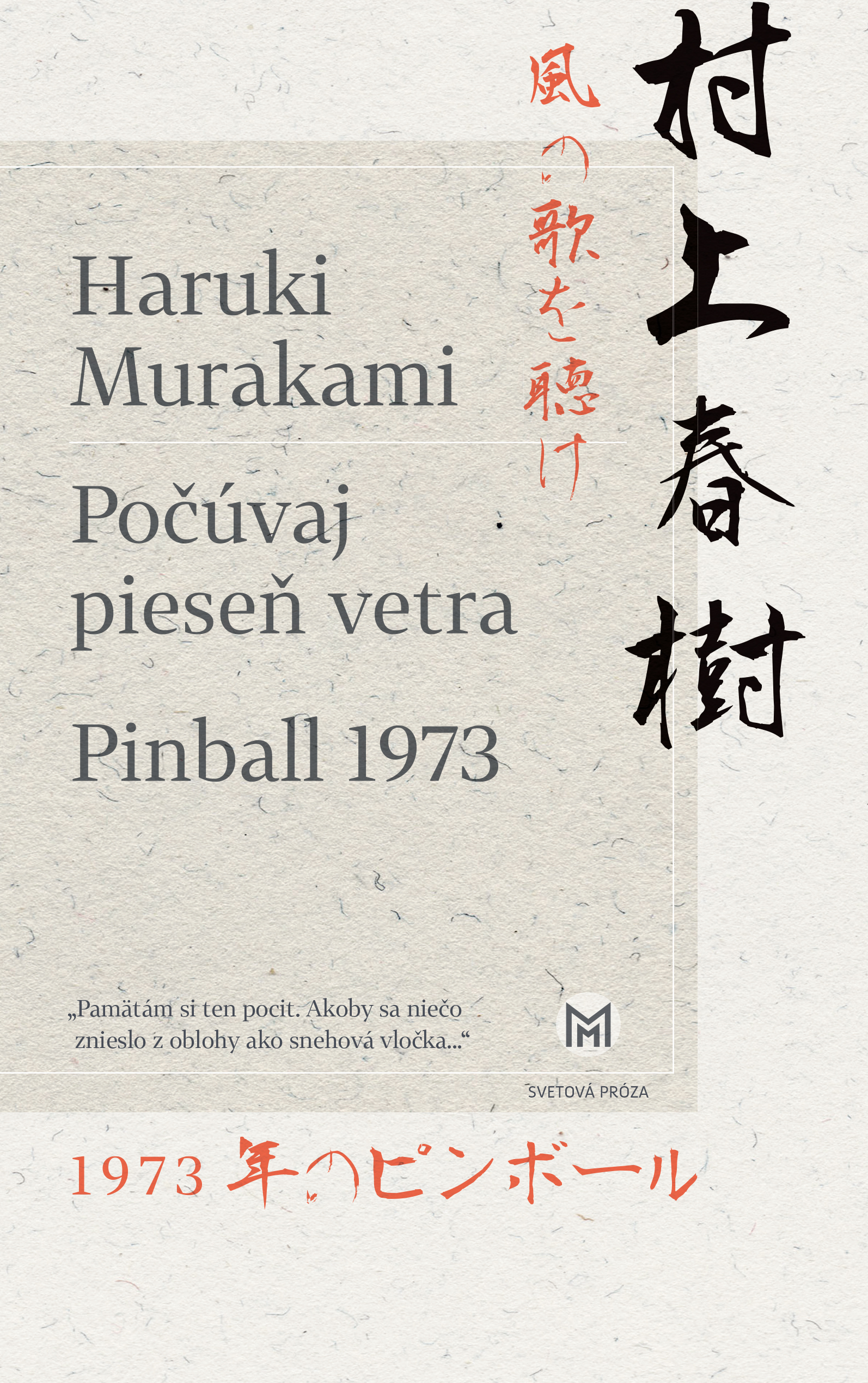
Slovak edition of Pinball, 1973 by Murakami Haruki
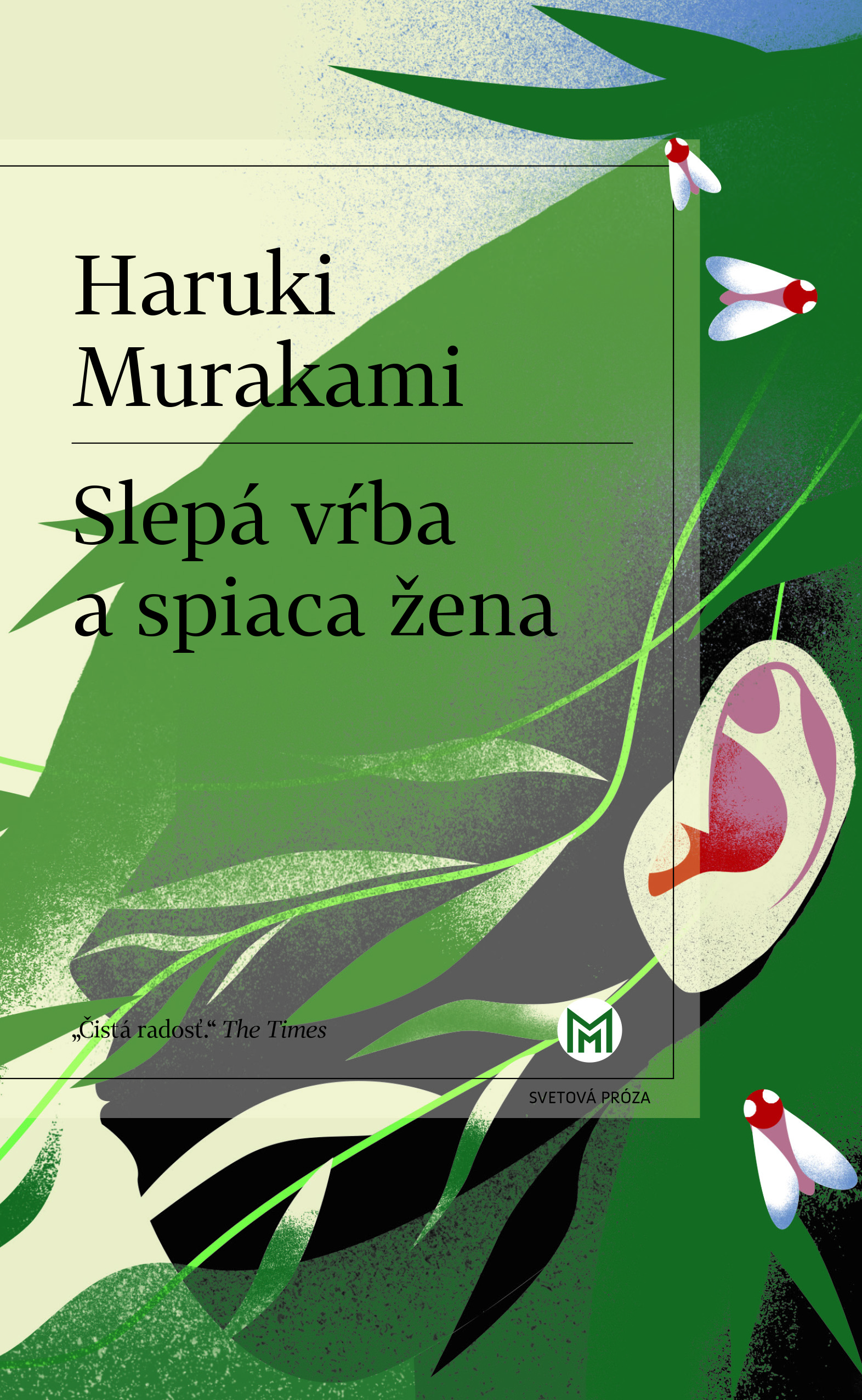
Slovak edition of Blind Willow, Sleeping Woman by Murakami Haruki
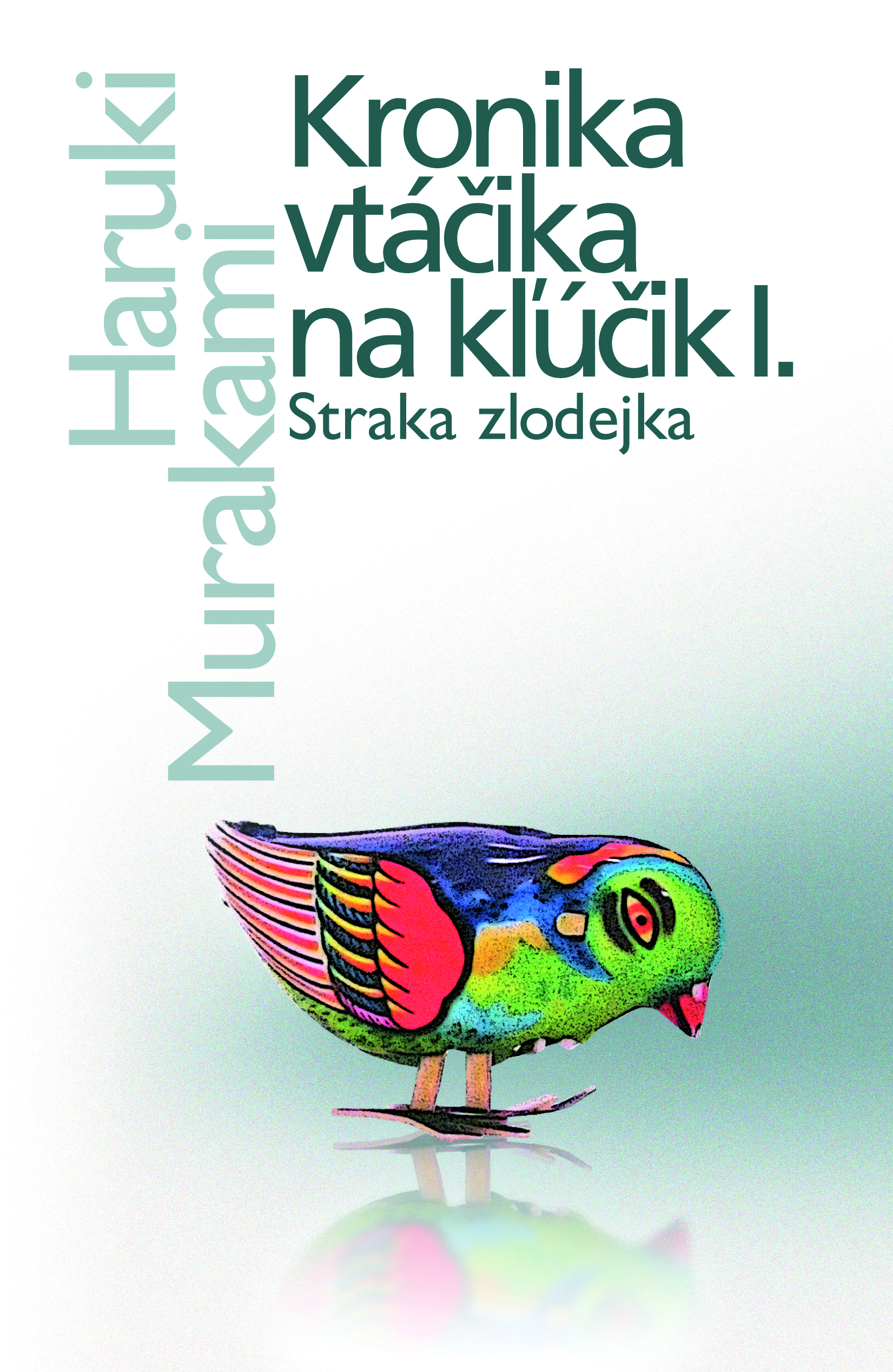

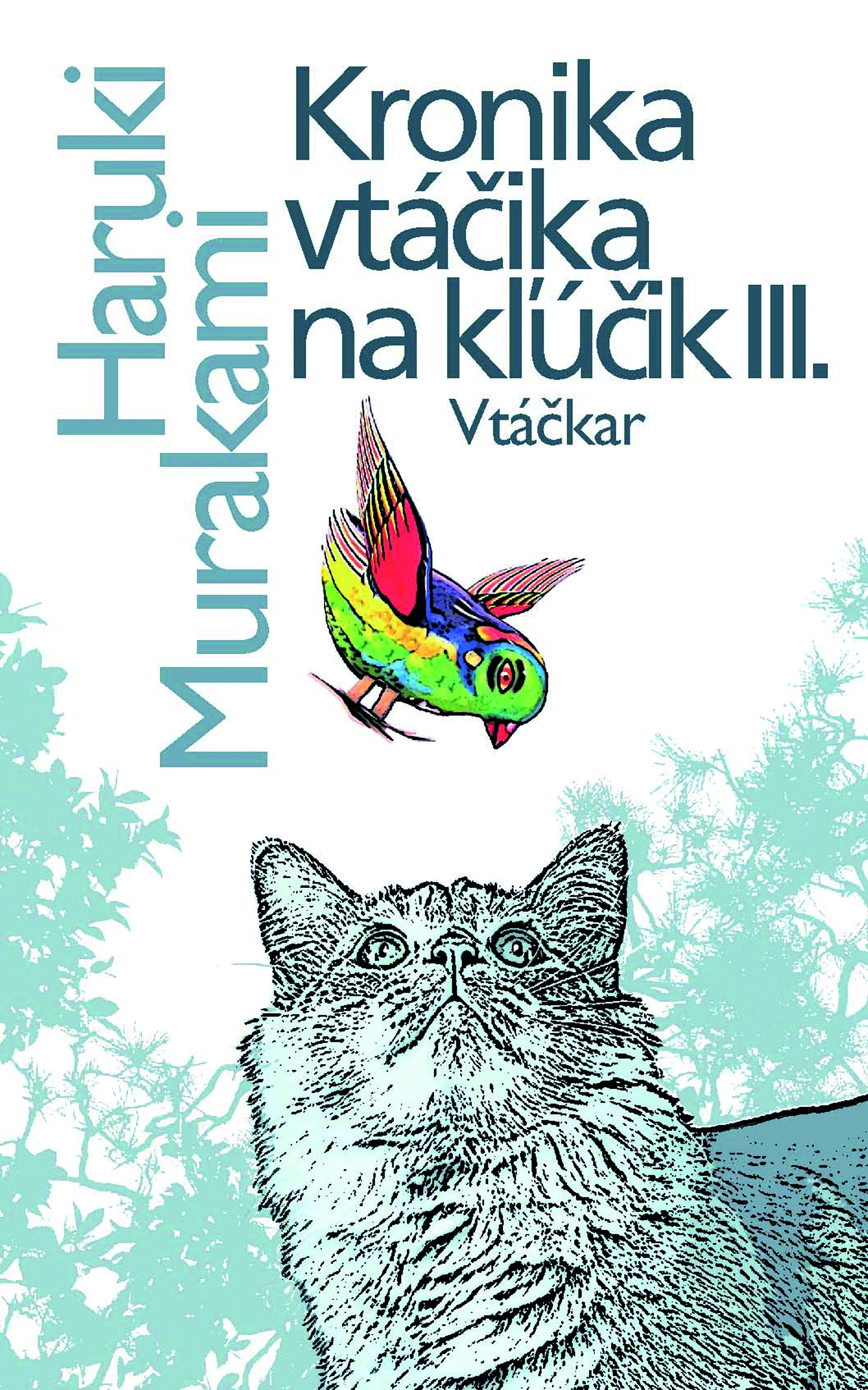
Slovak edition of The Wind-Up Bird Chronicle Books 1–3 by Murakami Haruki
A New Network Built to Last
Over her 10-day stay in Japan, Zaicova says she got the chance to see the Japanese publishing world from a variety of angles. “It’s hard to point out what had the most impact on me during the program (Central and Eastern European Editors’ Visit),” Zaicova says, reflecting on an itinerary that included meetings with Japanese publishers, lectures on the Japanese publishing system, a bookstore visit, talks on Japanese literature as a whole, and a presentation on the Japan Foundation’s subsidy program for publishing Japanese literature abroad. She reports that she loved seeing Japanese publishing houses from the inside, as well as meeting with other editors to hear about their daily routines and discuss the books they are working on. “It was such a rewarding experience. It felt wonderful to see all the books and also to feel into them,” Zaicova recalls. “During the lectures and the subsequent Q&A sessions, we could share our thoughts with the lecturers and with other participants.” On top of all that, she says, “the program did not only connect the participants with publishing professionals in Japan—it also helped participants to share information about book markets, books, and their everyday struggles in publishing. I might say that some of these newly built work connections will develop into long-lasting friendships.”
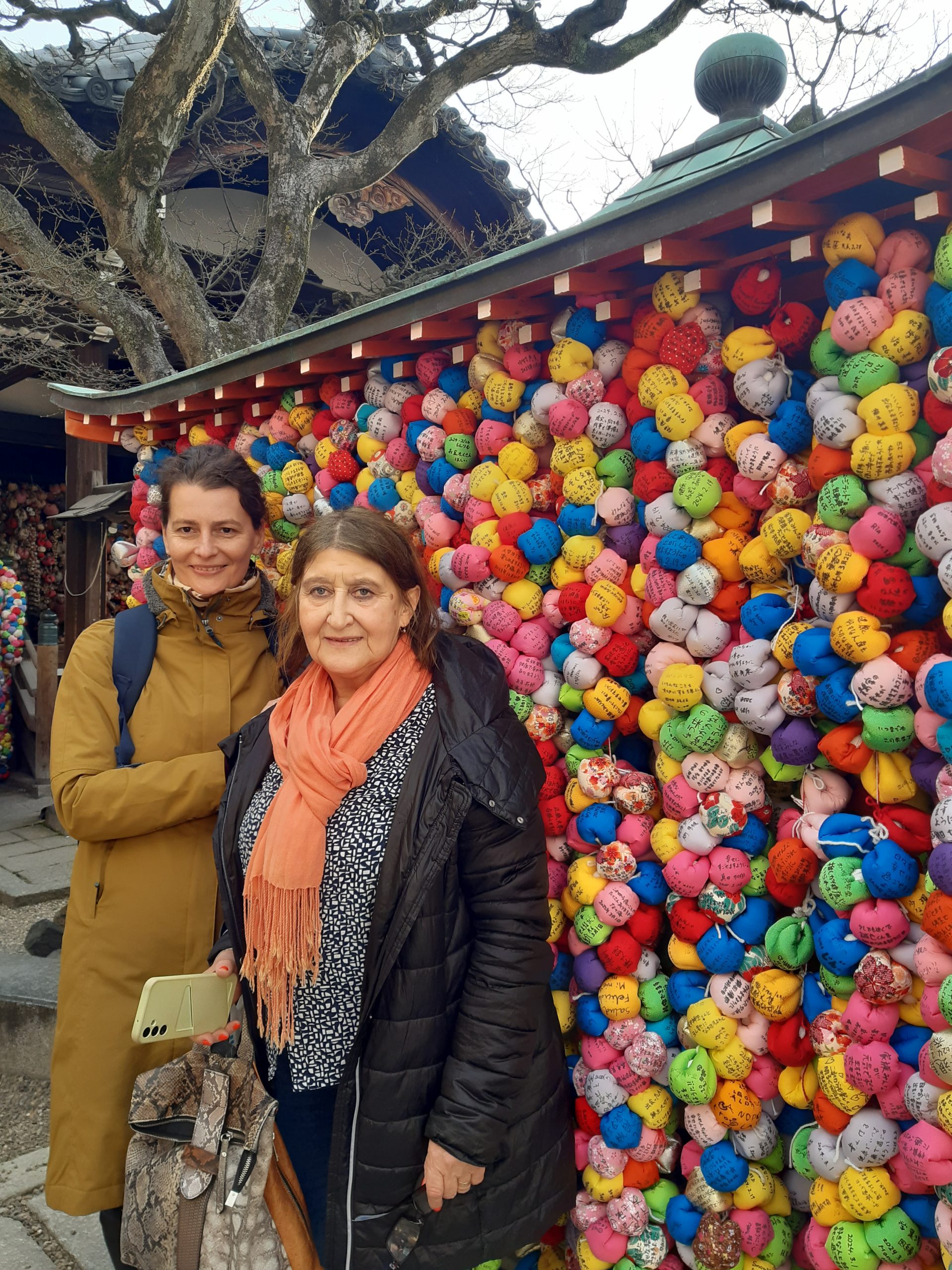
At Yasaka Koshindo Temple, Kyoto
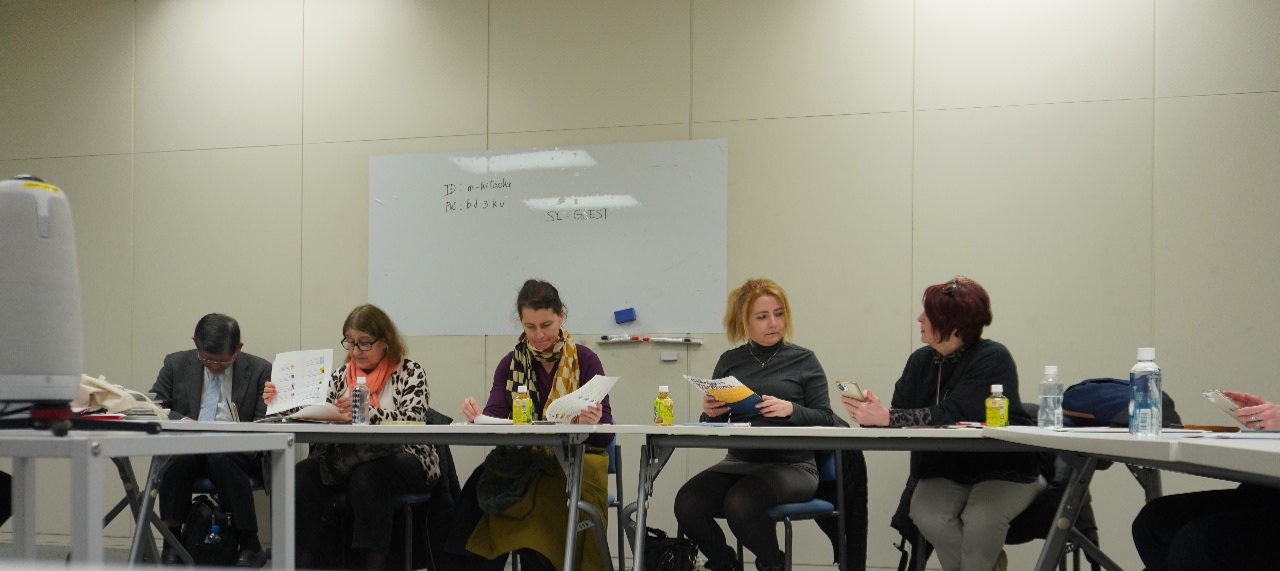
At Kodansha headquarters, Tokyo
Finding Authors to Add to the Portfolio
After her return from Japan, Zaicova met with people from the Embassy of Japan in Slovakia and approached SLOVART’s Japanese–Slovak translator in hopes of ushering Japanese literature from outside Murakami’s oeuvre to Slovakia.
Zaicova also brought back a long list of authors and titles that piqued her interest as potential additions to SLOVART’s portfolio. Of all the writers she learned about during her time in Japan, Zaicova felt especially drawn to Ogawa Yoko, Murata Sayaka, Ayase Maru, Nagira Yu, Asai Makate, and Sakuraba Kazuki, among others. Another author on whom she has long had an eye is Yoshimoto Banana. “Ever since I read Tsugumi (Goodbye Tsugumi), I’ve loved Yoshimoto. Being in Japan, I put her on my wish list again.”
Zaicova’s determination to publish more Japanese titles in translation is strong. “Literature builds bridges to connect different worlds and cultures,” she says. “I want to help bring more and more Japanese literature to a wider audience.”



